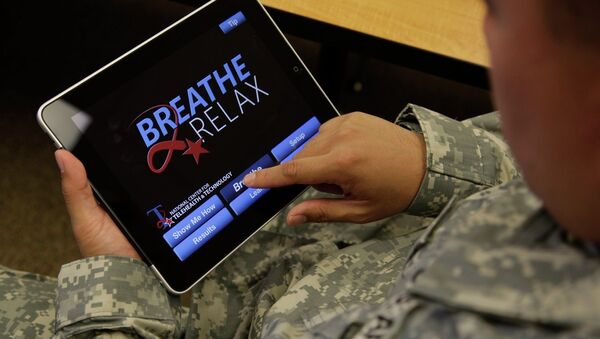“The computer technology we have now is not really terrific. I use Apple’s Siri on my iPhone all the time and I can do basic things like navigation. It can answer very simple questions, but in the future, instead of using keyboards, we will be speaking to our computers all the time – language will be the operating system. Computers will be a lot faster too,” James said.
“If your friend has Microsoft Cortana and you are using Google Now, and you try to get them match your schedules, there will be a conflict between these two operating systems.
He also mentioned the problem of choosing which of these operating systems to use.
“Another big problem is privacy. When you ask your digital assistant a question on the phone, it sends your question to the cloud, which then sends it to Apple or Google to be answered. The question is stored there for a long, long time so if you are giving private information to your digital assistant, then you privacy is over.”
So there is a question about private information getting into the wrong hands. James agreed, but added that people are selling information all the time. If you are shopping for, say a coffee maker online, then someone may start bombarding you with ads to buy more things.
“We’ve got to be very careful because what we are talking with our digital assistant about is no longer secret information. You don’t want to give it medical information because this information could be sold,” James noted.
In the future people may be run by machines, robots with artificial intelligence, just like in the Terminator movie.
“What happens is that with this creeping comfort level with computers, we are giving more and more decisions and more responsibility to our digital assistants. We give them our private information so that they can make decisions for us. This process is going to be very incremental, but a hundred years from now, or even less, the most important decision about our lives will be made by machines.”
“The question is how long it will take us to create machines that are smarter than humans. We’ll be talking to machines that are as intelligent as early as in 2029 or 2050, and I think it will be the time when we start to lose control,” James Rodman Barrat said in conclusion.


